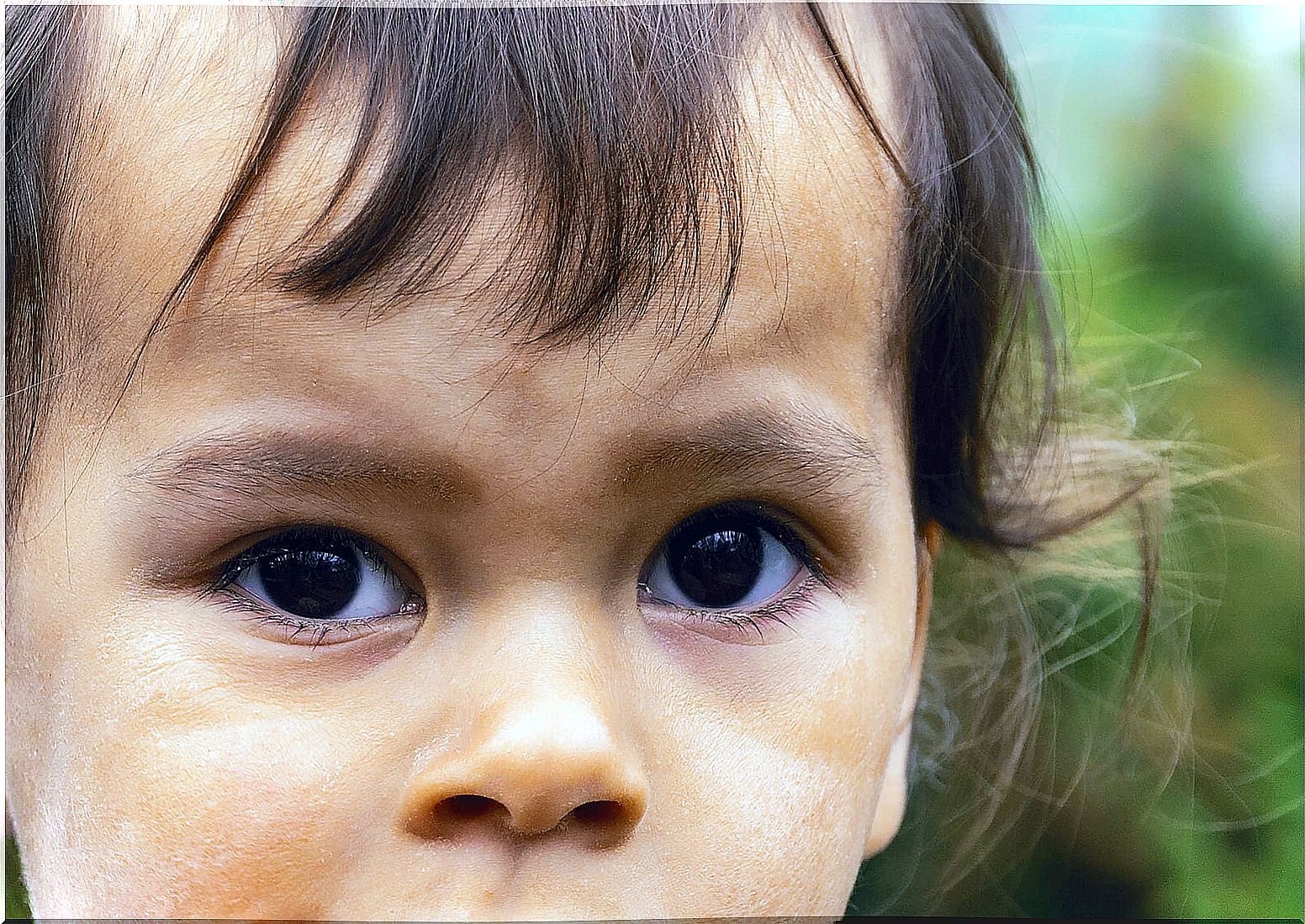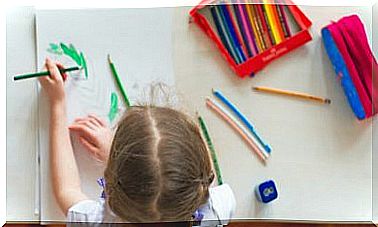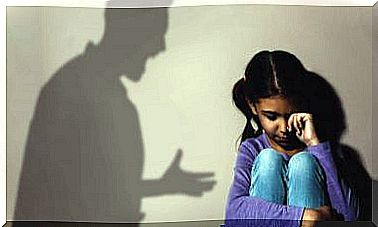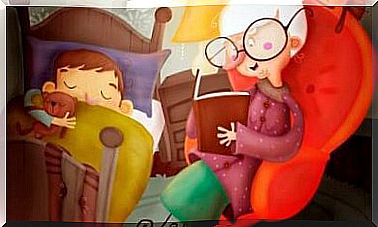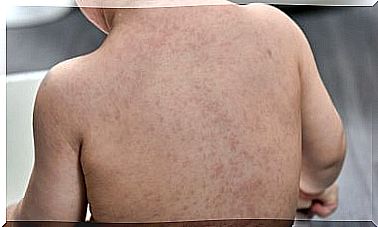Tips To Avoid Bad Breath In Children
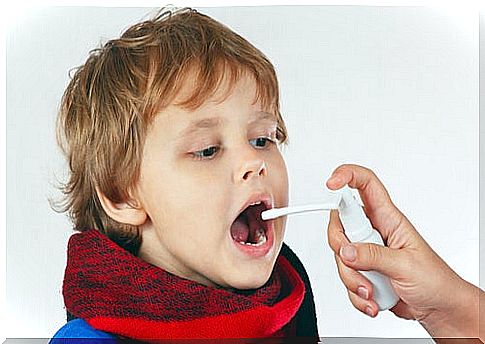
Bad breath in children is an unequivocal sign that something is happening in the child’s body and therefore the cause of this problem must be sought to solve it at its roots and thus avoid other complications over time.
So it is important to know how to differentiate between occasional bad breath or if it is a problem of halitosis as such. For example, everyone can have bad breath after several hours of sleep, because the mouth has been at rest for a long time and has produced very little salivation.
It is convenient to know that continuous bad breath is generated by the decomposition of germs that, in general, are not found in the mouth and that is why it is very important to find the cause of the problem.
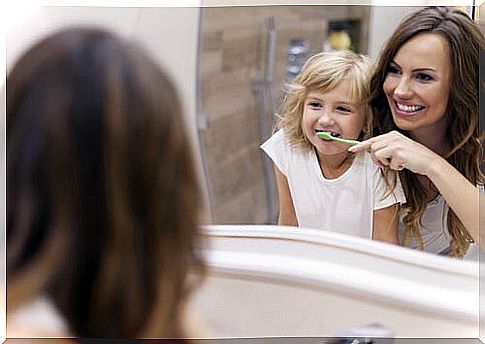
Causes of bad breath in children
Below we will explain, according to a study published in the European Journal of Dentistry , all the conditions that can be related to bad breath in children:
- Oral hygiene: the fact of not brushing the teeth is the first reason for infantile halitosis and can be a sign of very common diseases in children such as stomatitis, canker sores, cavities and gingivitis, among others.
- Respiratory conditions: the presence of abundant mucus in the respiratory system can cause bad breath. For this reason, you must make sure that your child is not suffering from related problems, such as: sinusitis, rhinitis, bronchiolitis, lung abscess, etc.
- Digestive diseases: allergy to some foods such as dairy products, gastritis or indigestion.
- Presence of foreign bodies: it is a common situation in young children who can introduce tiny toys, play dough, foam rubber, among other materials into their airways without us noticing.
- Systemic diseases: serious problems like diabetes or kidney failure can cause bad breath.
- Infections in the pharynx: they can also be a sign of the beginning of pharyngeal-tonsillitis, diphtheria, adenoiditis, etc.
Tricks to combat child bad breath
If you want to quickly solve the problem of halitosis in your little one, we will detail below some home solutions that can help you:
If bad breath is persistent, it is advisable to attend the pediatrician to determine if any developing disease is responsible for the problem.
- Improve brushing technique: your little one is in the learning process and that is why it is necessary to make sure that he brushes his teeth correctly, since this will prevent cavities or other dental diseases from occurring.
- Mouthwashes: this habit can be incorporated in slightly older children who are able to follow instructions such as not swallowing the liquid and returning it on time.
- Low-fat diet: a diet where fruits and vegetables predominate while fat and protein are reduced is essential. This helps minimize the problem.
- No to onion and garlic: avoid that your children eat highly seasoned foods based on these ingredients that cause strong odor in the mouth.
- Lemon: when nothing is enough, you can give your little one a piece of lemon that can help him.
- In case of sucking on your finger or pacifier: make sure to wash your hands or pacifier several times a day, as the case may be.

When to go to the doctor?
A child with good oral hygiene should not have a persistent halitosis problem. In this sense, if you think that this condition has not improved for several days, it is best to go to the doctor. This could be due to a helicobacter problem, according to a study published in the journal Helicobacter . If it is not treated, it will not go away.
The key is to address the problem without showing your little one how much you care, because it can affect their self-esteem
Remember that in most cases it is a warning that something is wrong. So eliminating bad breath will only be a momentary solution to a symptom that is part of a more complex problem.
In this sense, the pediatrician will be able to determine through a physical, laboratory or X-ray examination what is happening and prescribe the appropriate treatment that prevents any disease from continuing to advance.
It is important to identify and treat bad breath in children
The key is not to worry more than necessary or show too much distress in front of the child, because you could cause insecurity. The most important thing of all is to know what is happening and resolve any situation in a timely manner. Most of these types of problems can be easily solved with professional care.
